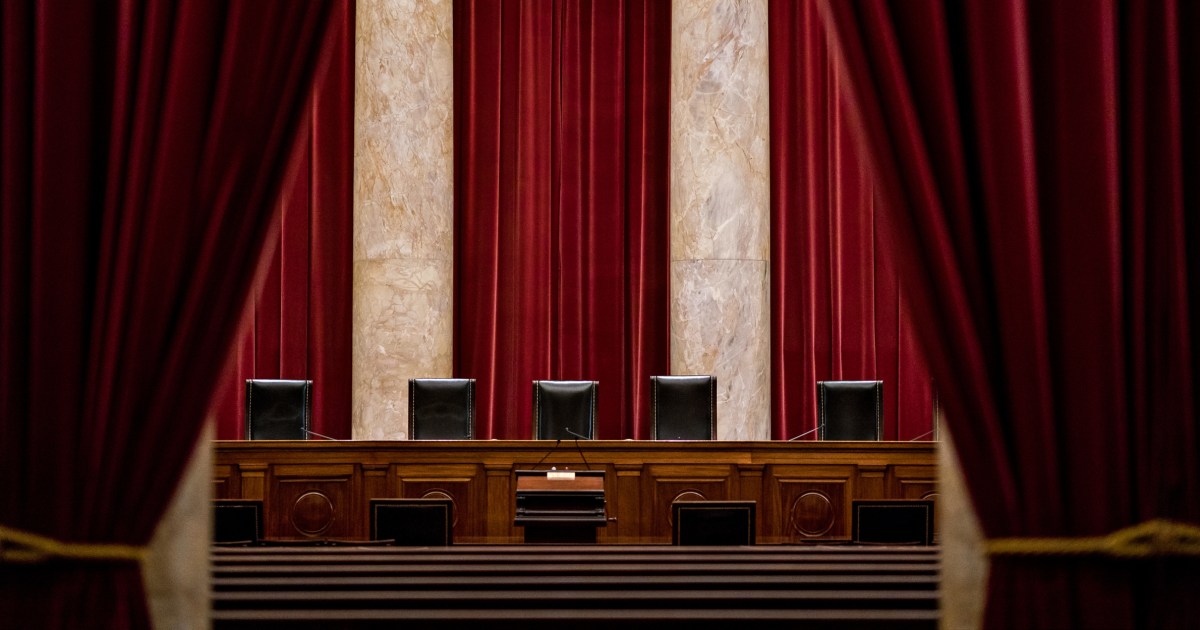#Expand Kendra’s Law and other ‘tough love’ for the severely mentally ill

“#Expand Kendra’s Law and other ‘tough love’ for the severely mentally ill”

If the need to bolster New York’s laws on getting help to the severely mentally ill weren’t already obvious, the subway-shoving death of Michelle Go and the shooting death of Burger King cashier Kristal Bayron-Nieves by two plainly troubled men should settle the question. Gov. Kathy Hochul and Mayor Eric Adams should insist the Legislature take action in the coming “Big Ugly” package of bills that center on adopting a budget for the coming year.
The deadline for that is April 1. Get this done before more innocents are slain by people with long histories of violence and mental illness.
Just last summer, a hatchet-wielding maniac attacked a man inside a Chase Bank ATM vestibule in the Financial District. Surveillance video showed the violent, mentally ill homeless attacker whacking wildly at his victim’s head, torso and legs.
Elected officials need to do more than share the public outrage. They need to pass legislation to better protect the public and to get these unfortunates the help they need.
For starters, expand Kendra’s Law (which allows court-ordered Assisted Outpatient Treatment, or AOT, and community supervision in cases of serious mental illness) to give the judges greater discretion in ordering commitment, treatment and meds. On this, Hochul can pick up where her predecessor left off, as the Assembly balked at his efforts to strengthen this law.
As Manhattan Institute research has shown, court-ordered treatment under Kendra’s Law has reduced rates of violence, incarceration and homelessness — among those it covers.
Sadly, Hochul’s new budget plan only calls for extending the law through 2027, plus a few tepid tweaks, such as allowing the extension of some AOTs that have expired within the past six months. New York plainly needs stronger medicine:
- Empower judges to issue and extend an AOT order without direct examination by a physician if the individual in question had such an order expire in the last six months or has experienced a substantial increase in symptoms or loss of function.
- Allow the court to consider how a person’s lack of basic needs (e.g., food, clothing, shelter) has affected his or her mental health. For example: A homeless person is at higher risk of turning violent than someone with a genuine support network.
- Make the law permanent so the care and treatment of the seriously mentally ill is no longer a political football.
But more is needed: New York keeps losing inpatient psychiatric beds, even as the population that needs such care has grown. It’s not cheap, and hospitals try to avoid such difficult care, but it’s a necessity for the now-hopeless and for the public, too.
And, since mental illness is a key driver of homelessness, dedicate a greater share of supportive housing to the seriously mentally ill to get them out of the subways, off city streets and away from makeshift encampments.
Forty years of deinstitutionalization has given rise to homeless street maniacs sleeping on sidewalks and in our subways. It’s obscene, inhumane and dangerous. Living homeless and being mentally ill are not civil rights, they are civil wrongs — and the self-styled “homeless advocates” who say otherwise are tragically misguided.
Sadly, legislators (especially in the Assembly) too often trust those advocates. But Hochul has $216.3 billion worth of leverage to convince the Legislature to do the right thing.
If you liked the article, do not forget to share it with your friends. Follow us on Google News too, click on the star and choose us from your favorites.
For forums sites go to Forum.BuradaBiliyorum.Com
If you want to read more News articles, you can visit our News category.




